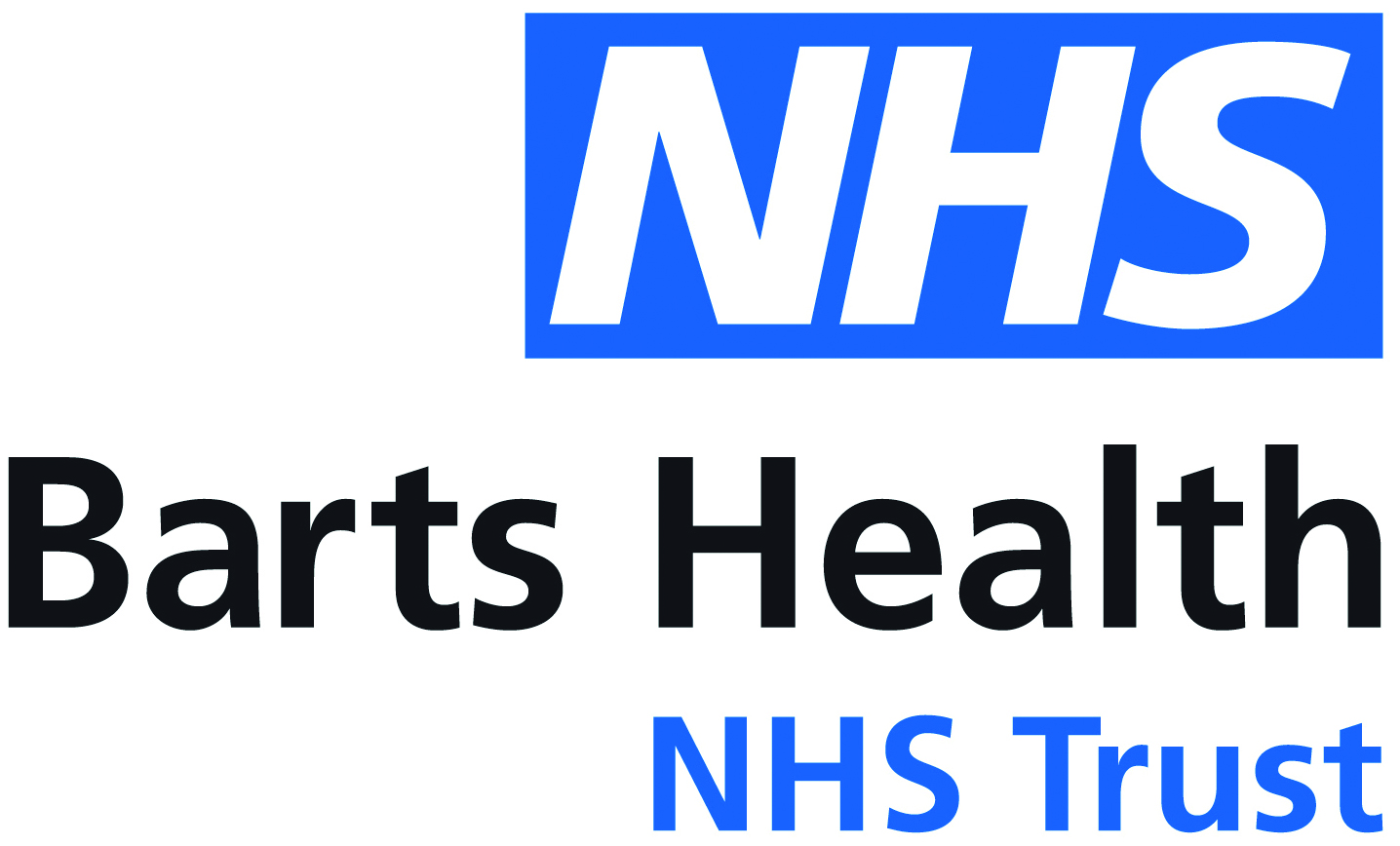
A strategic approach to reducing inequalities experienced by babies, children and young people
Barts Health NHS Trust (Barts Health) is a combined acute and community trust, serving a diverse community in North East London and a population of 500,000 babies, children, and young people (BCYP). The trust has developed an organisational approach to equity, with specific interventions targeted at reducing health inequalities experienced by BCYP.
In London, almost a third of children aged five to nine live in households experiencing poverty – representing a higher rate of child poverty in comparison to other areas in England. In North East London, five out of the eight boroughs fall under the 20 most deprived boroughs in England, with four out of eight categorised within the top 10 most diverse. Children growing up in East London are more likely to experience worse health and wellbeing outcomes, such as higher rates of obesity and dental decay, alongside lower rates of vaccination uptake.
Barts Health has taken a broad view to improving services for BCYP and reducing inequity of care, which are applicable across a range of health conditions and focus. There is a focus on preventing ill health by providing wraparound care and support to BCYP and families.
- Social deprivation screening tool for families. In the neonatal unit and children's ward at Whipps Cross Hospital, parents and carers are screened using a 'times are hard' questionnaire. Those scoring highly are signposted to local resources, early help and social services. The resource is currently still in pilot phase, but the long-term aim is to reduce delayed discharges for children by flagging any potential concerns, such as unsuitable housing and ensuring families are accessing support available in the community.
- Social prescribing for young people. At the Royal London Hospital, Barts Charity have funded a youth social prescriber within the secondary care service, to provide personalised care and wellbeing plans for young people with sickle cell and medically unexplained symptoms. This intensive support to young people is already demonstrating improved life outcomes including greater independence and community engagement, reducing loneliness and isolation.
- Access to food for families in hospital. The trust has an ongoing commitment to feed parents, carers and families during their stay within hospitals – an initiative championed by Sophie's Legacy.
Alongside these generic approaches, Barts Health have developed specific work programmes around asthma, diabetes and epilepsy – conditions highlighted in the Core20PLUS5 framework. This has included an expansion of hospital at home/virtual wards for children with long-term conditions, prioritising the reduction of Was Not Brought rates, and development of a specific Making Every Contact Count approach for children and young people.
Locally, care experienced young people have been identified as having poorer health and social outcomes in comparison to young people not in statutory care. Barts Health have prioritised efforts to improve the health and wellbeing of care experienced young people as a 'PLUS' group within the Core20PLUS5 model. Staff have worked in collaboration with directors of children's services across London to develop the Care Leavers Compact. The dedicated health offer includes provision of free prescriptions for all care leavers and improving mental health support via children's nurse specialists, employed by their partner, East London Foundation Trust. Barts Health are currently exploring how to support care experienced young people into employment opportunities within the trust.
The trust actively promotes the importance of involving communities and patients with lived experience in decision-making. The Barts Health youth forum – the Youth Empowerment Squad – meets monthly to discuss issues that are important to children and young people. The group has existed since 2015 and has helped to shape the design of local services to enable them to become more accessible and youth friendly, alongside being involved in internal interview panels and developing website content.
These efforts are underpinned by Barts Health's organisational commitment to improve equity of services. Their WeBelong strategy outlines the trust's aims to provide inclusive leadership, to promote a positive culture, and to reduce health inequalities through equitable restoration of services and by acting as an anchor institution. Promoting equity at the strategic level has led to the establishment of Barts' Addressing Inequalities in Care programme which has brought improvements in a range of areas, including recording of ethnicity data, regularly reviewing and publishing information on equity within waiting lists, and developing a tool that services can use to monitor the equity of their outpatient appointments. The work is overseen by the trusts' equity and inclusion board.
For more information on Barts Health's equity work, please contact their Addressing Inequalities in Care team: bartshealth.addressing-inequalities-in-care@nhs.net